Understanding Indigenous culture in Australia is not just a matter of cultural appreciation; it is a critical component of building an inclusive and harmonious society. However, many Australians inadvertently make mistakes when engaging with Indigenous cultures, often due to misconceptions or a lack of information. This article delves into five common mistakes and provides strategies to correct them, enhancing both personal and professional relationships in the process.
The Importance of Understanding Indigenous Cultures in Australia
Australia's Indigenous peoples have a rich cultural history that dates back over 65,000 years, making it one of the oldest continuous cultures in the world. As the country grapples with socio-economic challenges and strives toward equity and reconciliation, understanding Indigenous cultures becomes essential. According to the Australian Bureau of Statistics, Indigenous Australians represent 3.3% of the total population, highlighting the need for cultural competence across all sectors, including business, education, and government.
Mistake 1: Treating Indigenous Culture as Monolithic
One of the most significant misconceptions is viewing Indigenous culture as a single, homogenous entity. In reality, there are over 250 distinct language groups, each with unique cultural practices and traditions. This diversity means that cultural protocols and traditions can vary significantly across regions.
Solution: Take the time to research specific communities and their unique cultural practices. Engage with community leaders to gain insights and show respect for their traditions.
Mistake 2: Ignoring the Historical Context
Many Australians lack a comprehensive understanding of the historical context affecting Indigenous communities, such as the impact of colonization, land dispossession, and government policies like the Stolen Generations. This oversight can lead to misunderstandings and perpetuate stereotypes.
Solution: Educate yourself on Australia's history concerning Indigenous peoples. Resources from the Australian Institute of Aboriginal and Torres Strait Islander Studies (AIATSIS) can provide valuable insights.
Mistake 3: Tokenism in Business and Marketing
Incorporating Indigenous culture into business and marketing strategies is well-intentioned but can often result in tokenism. This occurs when Indigenous elements are used superficially without genuine engagement or benefit to the communities involved.
Solution: Ensure that Indigenous cultural elements are integrated authentically and that collaborations with Indigenous artists or businesses are mutually beneficial. The Australian Competition & Consumer Commission provides guidelines to ensure ethical practices.
Mistake 4: Overlooking Indigenous Economic Contributions
Indigenous communities contribute significantly to Australia's economy, particularly in sectors like tourism, arts, and land management. However, these contributions are often overlooked or undervalued.
Solution: Recognize and support Indigenous enterprises by investing or collaborating with Indigenous-owned businesses. The Indigenous Business Sector Strategy by the Australian Government offers pathways for fostering such collaborations.
Mistake 5: Failing to Acknowledge Indigenous Knowledge Systems
Indigenous knowledge systems, particularly in land management and sustainability, offer valuable insights. Unfortunately, these are often dismissed or undervalued in favor of Western methodologies.
Solution: Engage with Indigenous experts in relevant fields and incorporate their knowledge into practices, especially in industries like agriculture and environmental management.
Case Study: Successful Integration of Indigenous Knowledge in Business
One notable example is the collaboration between the Yarra Valley Water and the Wurundjeri Tribe Land and Compensation Cultural Heritage Council. The partnership focuses on incorporating traditional land management techniques into modern water management practices.
Problem: Yarra Valley Water faced challenges with sustainable water management practices that aligned with local ecological needs.
Action: They consulted with the Wurundjeri Council to integrate traditional ecological knowledge, which included using indigenous plants for water filtration and soil management.
Result: This collaboration led to a 30% improvement in water quality and significant cost savings in water treatment processes.
Takeaway: Engaging with Indigenous knowledge systems not only fosters cultural respect but can also lead to innovative and sustainable business solutions.
Debunking Common Myths
- Myth: Indigenous culture is static and unchanging. Reality: Indigenous cultures are dynamic, adapting to changing circumstances while maintaining core traditions.
- Myth: Integrating Indigenous culture is purely a social responsibility. Reality: It is also an economic opportunity, with Indigenous enterprises often outperforming expectations in niche markets.
- Myth: Indigenous knowledge is only relevant to cultural studies. Reality: It holds valuable insights for sectors like environmental management, healthcare, and education.
Future Trends and Predictions
Looking ahead, the integration of Indigenous knowledge and culture in various sectors is expected to grow. According to a report by Deloitte, there is an increasing trend toward incorporating Indigenous cultural insights into corporate sustainability strategies. By 2030, it’s predicted that 50% of Australian companies will actively engage with Indigenous knowledge systems as part of their sustainability initiatives.
Final Takeaway & Call to Action
Understanding and integrating Indigenous culture into personal and professional practices is not just a moral imperative; it is a strategic advantage. Whether you are a business leader, educator, or policymaker, taking the time to genuinely engage with Indigenous communities can lead to innovative solutions and mutual benefits. What steps will you take today to deepen your understanding of Indigenous culture? Share your thoughts and experiences below!
People Also Ask (FAQ)
- How can businesses benefit from integrating Indigenous culture? Businesses can enhance their brand reputation and foster innovation by incorporating Indigenous knowledge, leading to improved sustainability and new market opportunities.
- What is the biggest misconception about Indigenous culture in Australia? A common myth is that Indigenous culture is static; however, it is dynamic and continuously evolving while preserving its core traditions.
- Who benefits the most from understanding Indigenous culture? Both Indigenous communities and non-Indigenous Australians benefit, fostering mutual respect, social harmony, and economic collaboration.
Related Search Queries
- Indigenous culture in Australia
- Integrating Indigenous knowledge in business
- Challenges in understanding Indigenous cultures
- Economic contributions of Indigenous communities
- Indigenous cultural protocols in Australia



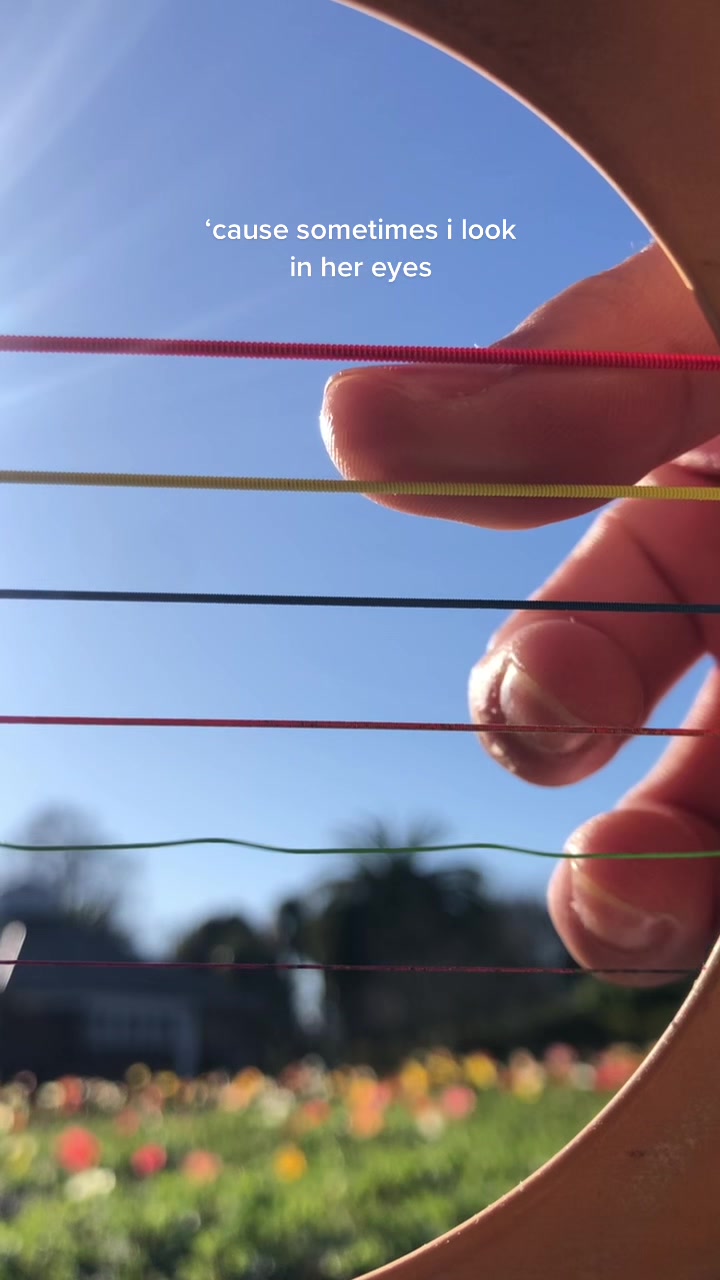



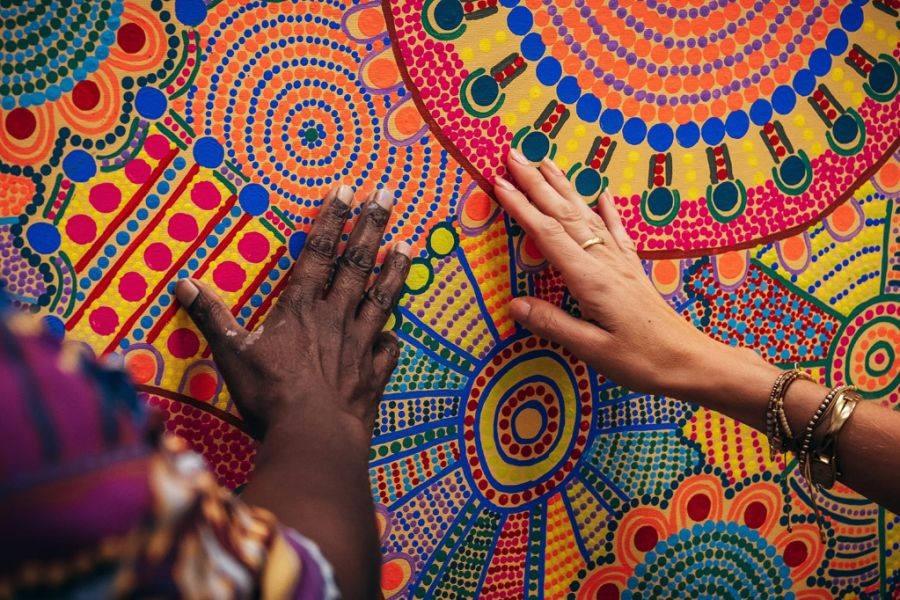


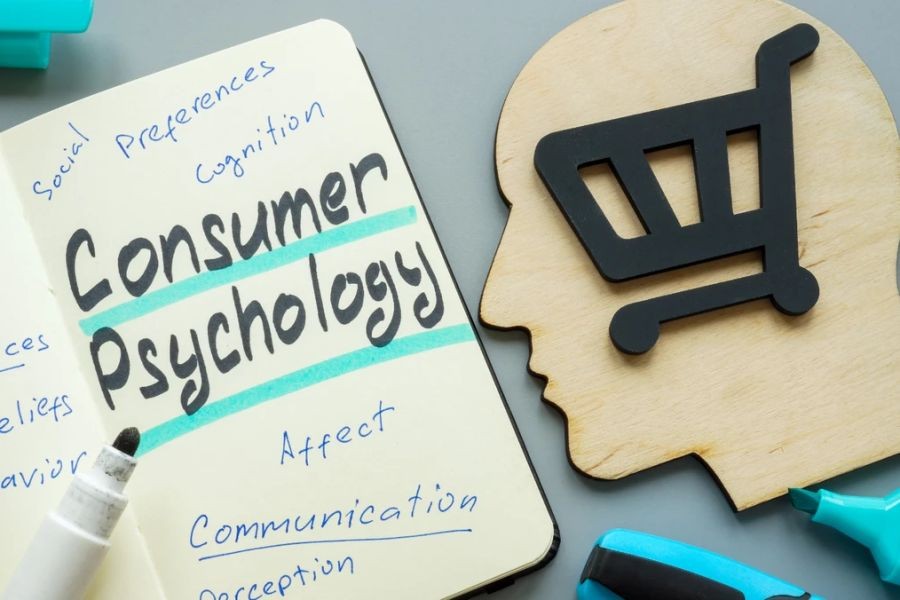



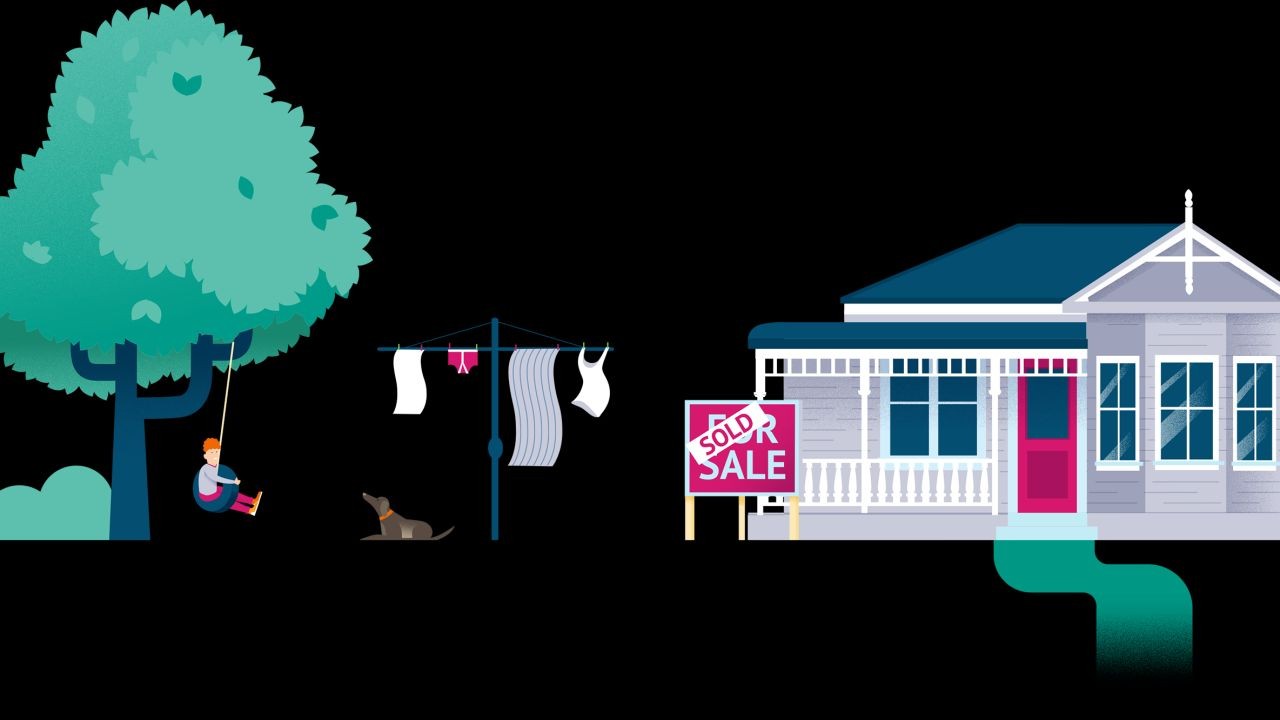





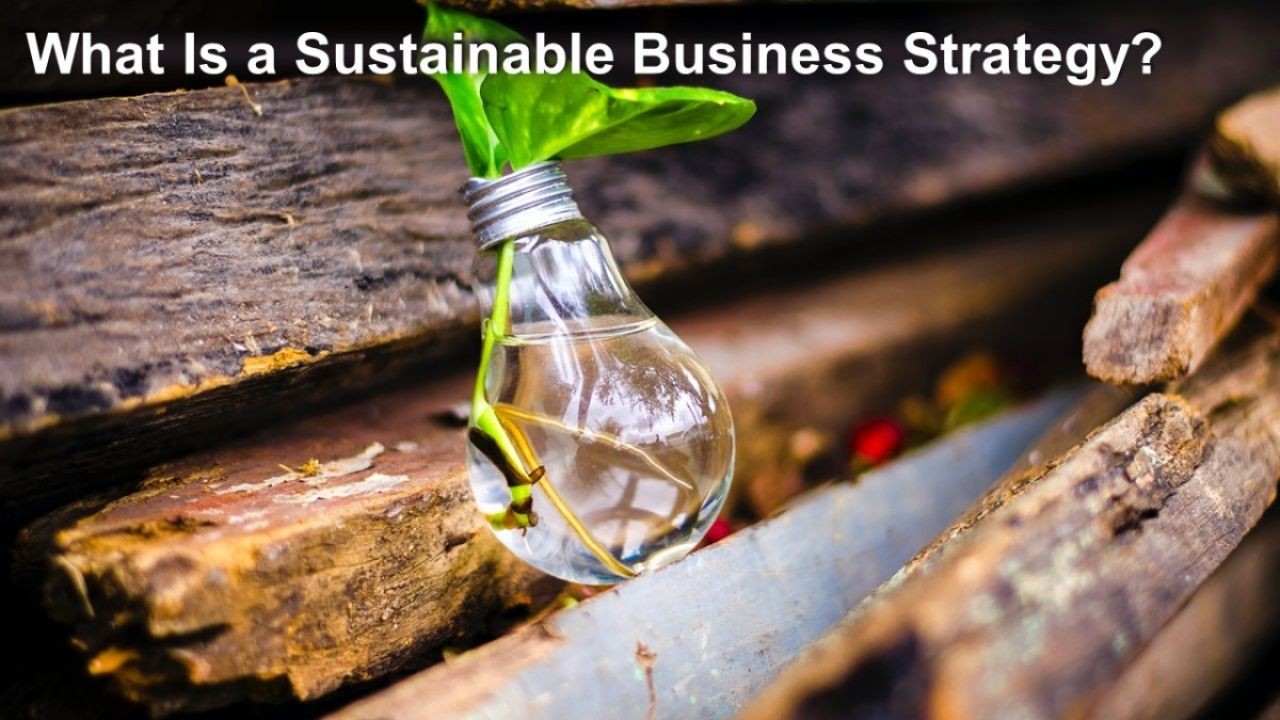





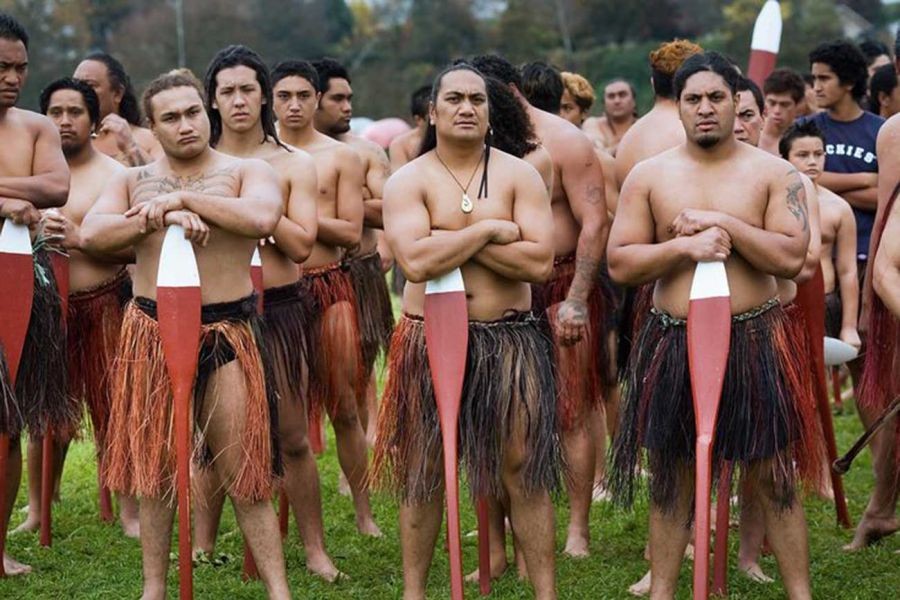






JasperMcdo
8 months ago